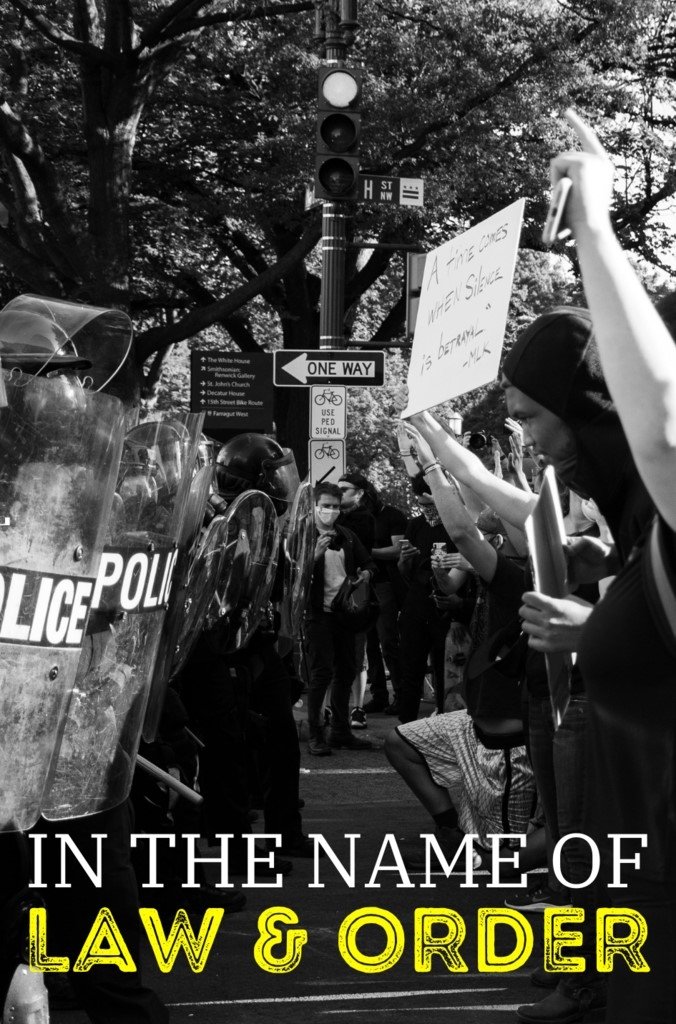
Throughout the world, angry crowds are confronting heavily armed law enforcement forces. Journalist Paul Moreira immerses himself in demonstrations and interviews experts to shed light on the causes of this repressive shift.
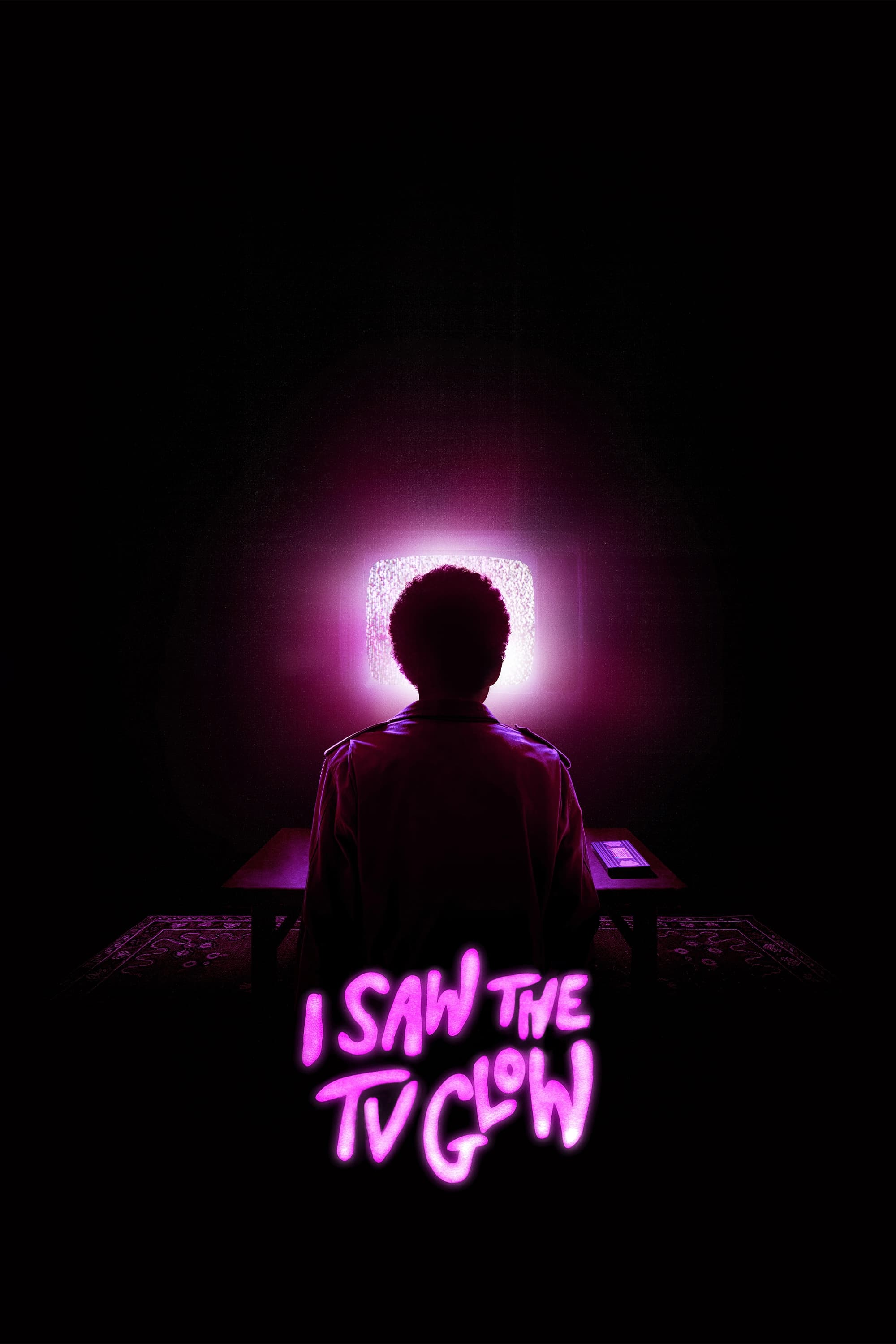
Teenager Owen is just trying to make it through life in the suburbs when his classmate Maddy introduces him to a mysterious TV show — a vision of a supernatural world beneath their own. In the pale glow of the television, Owen’s view of reality begins to crack.
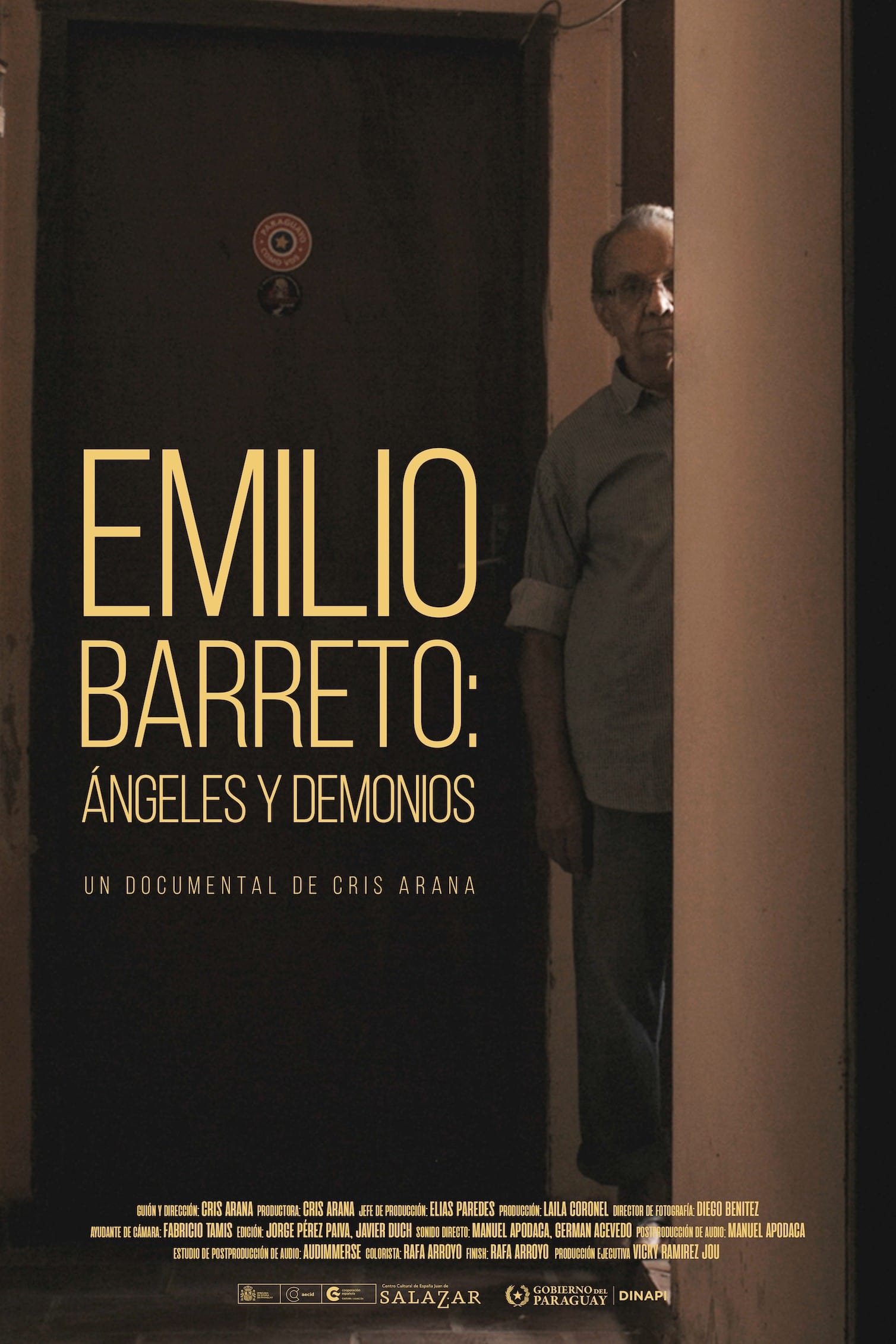
In Paraguay, during the regime of dictator Alfredo Stroessner, almost 400 people disappeared without a trace, and several hundred thousand were sent to prisons where they were tortured. One of these people was Emilio Barreto, an aspiring actor who spent a total of thirteen years in prison despite never being tried for any crime.
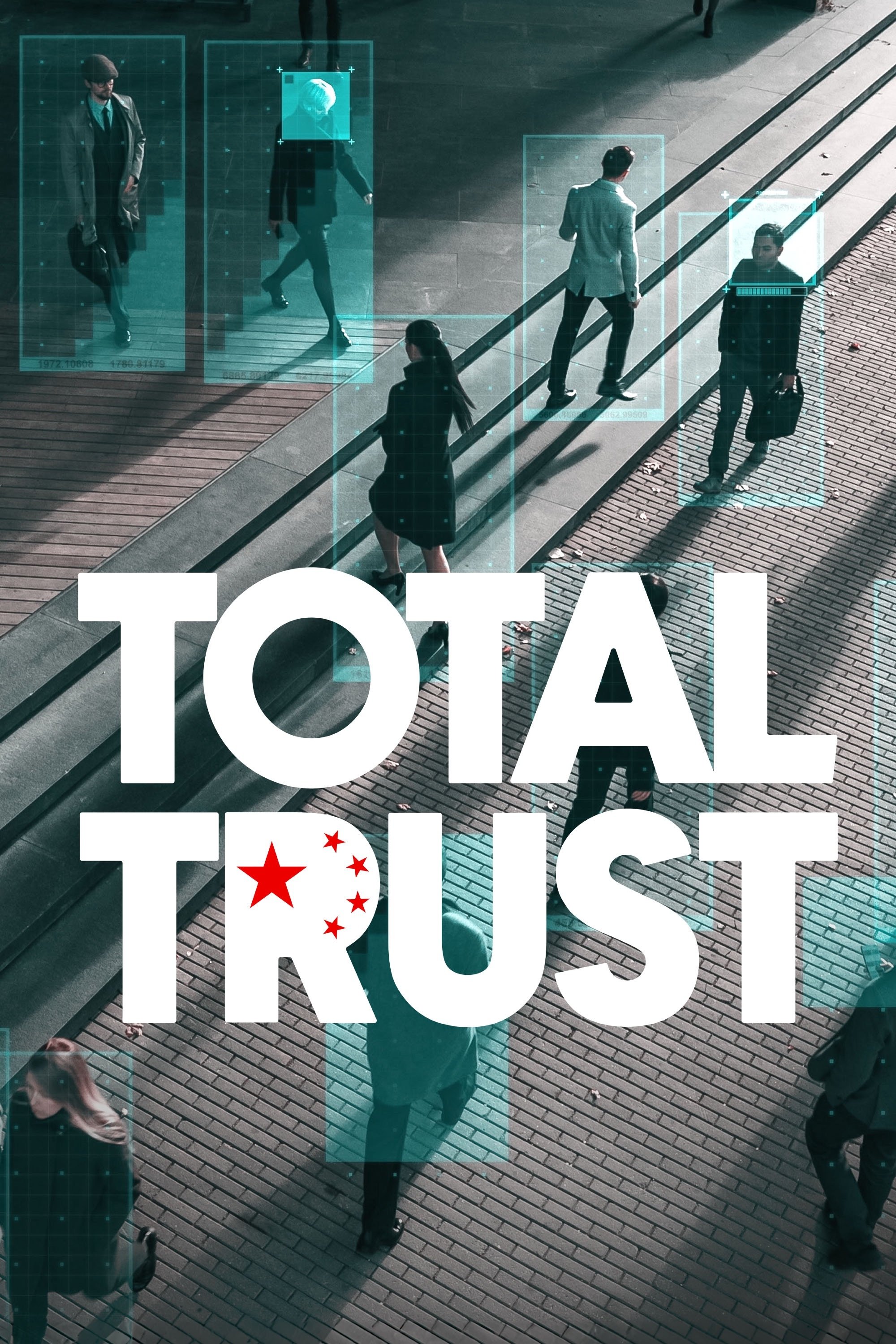
By exploring the relationship between the watched and the watching, our film uncovers the trauma and hope engendered by the Chinese all-surveilling state and lends a voice to those that stand in resilient defiance of such blatant abuse of power.
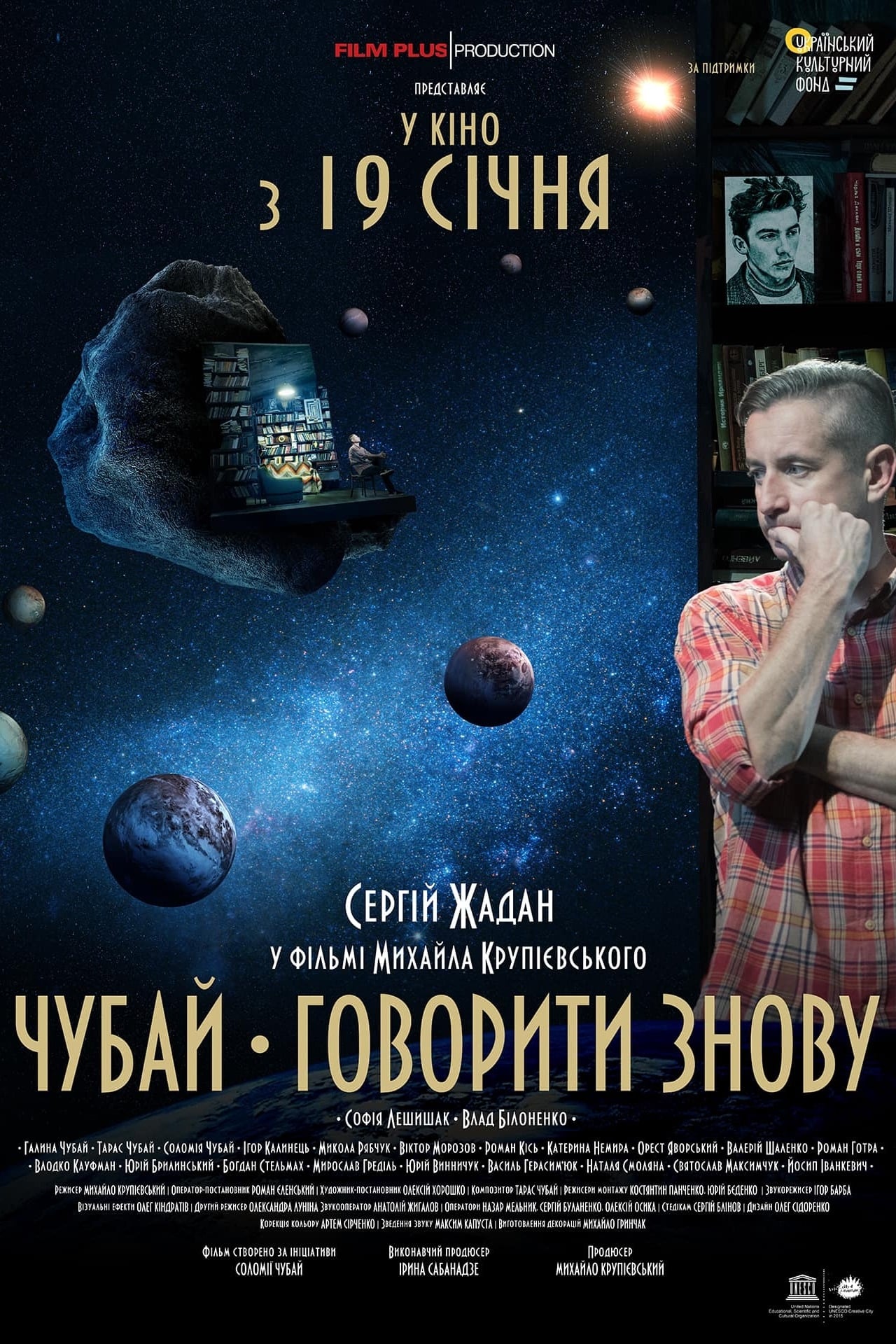
A theatrical documentary about Hrytsko Chubai, a genius of Ukrainian poetry, a connoisseur of literature, art and music and the brightest representative of Lviv underground culture of late 60s early 70s.
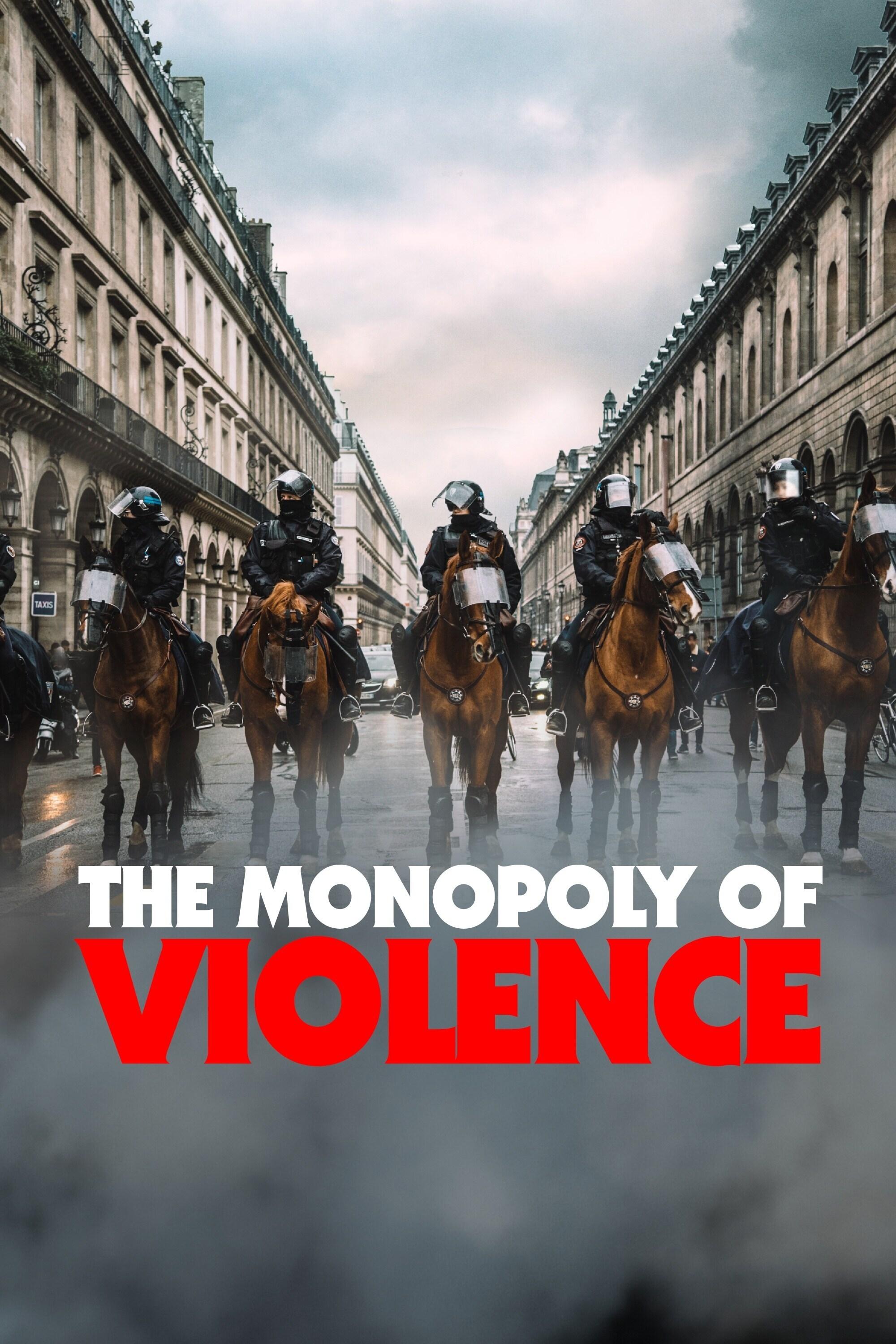
As anger and resentment grow in the face of social inequalities, many citizens-led protests are being repressed with an ever-increasing violence. In this documentary, David Dufresne gathers a panel of citizens to question, exchange and confront their views on the social order and the legitimacy of the use of force by the State.
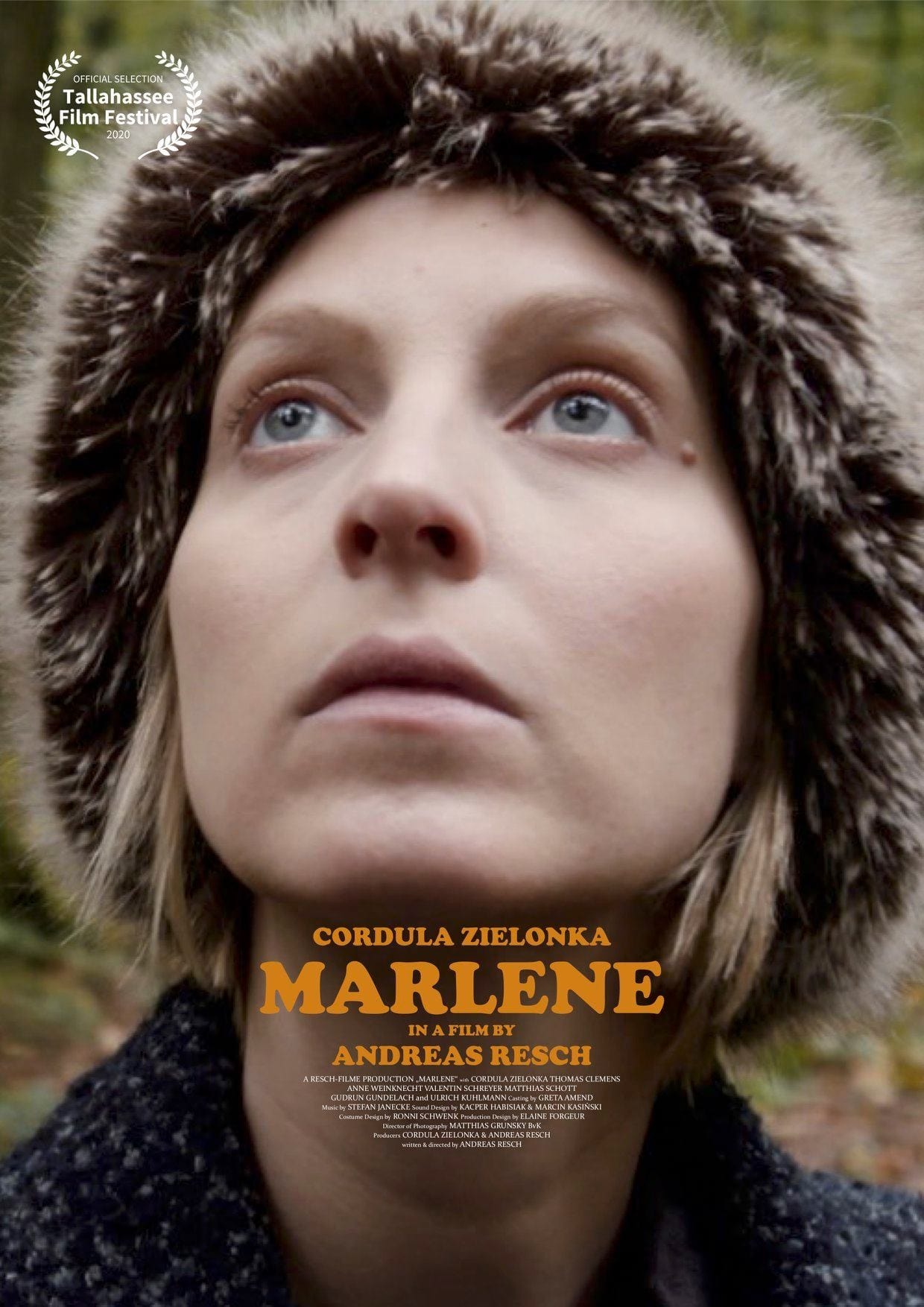
Marlene arrives in Berlin to begin a new life. She meets her upstairs neighbour Flo, seemingly a nice guy and starts a new job as a restorer. She finds new friends while simultaneously being drawn back into her past. But when Marlene finally realises how dangerous Flo really is, she is already wrapped up inside a game of life and death.
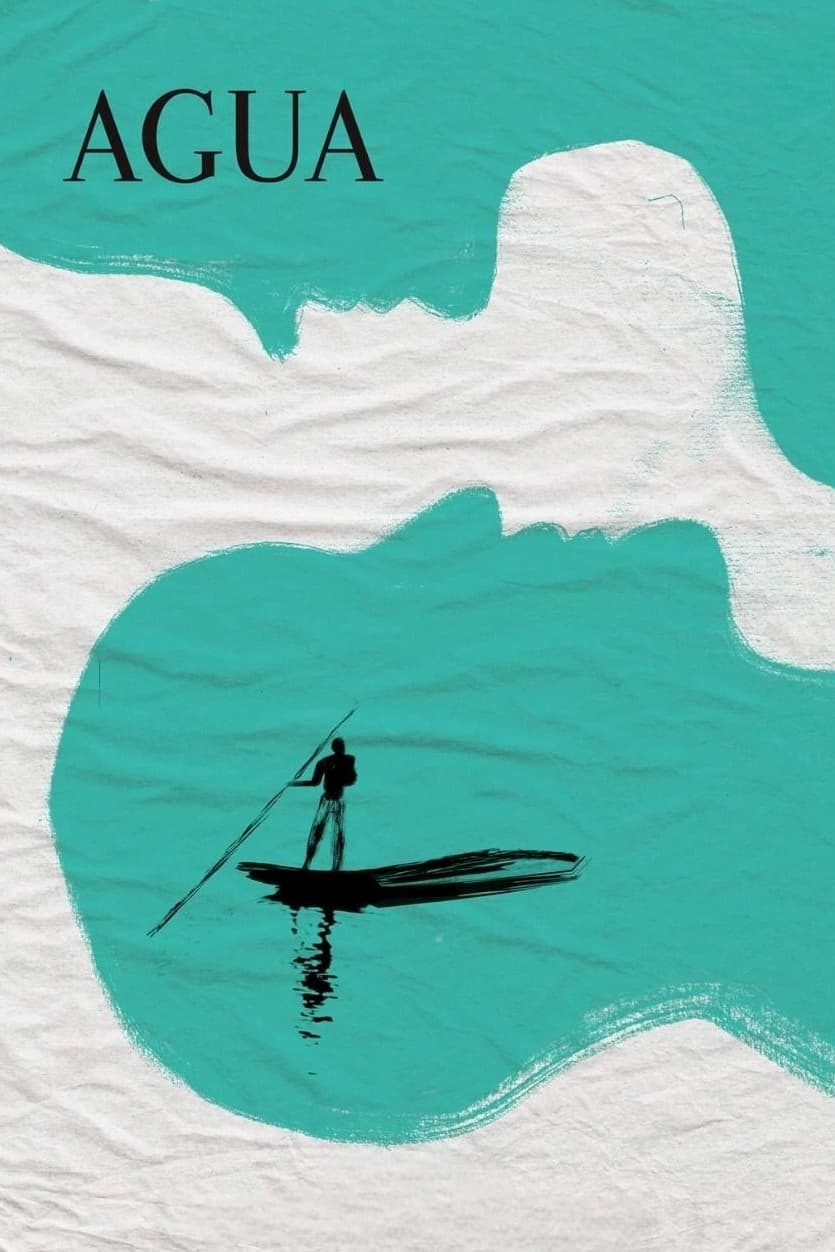
Camilo, an adolescent rower on a Xochimilco jetty, has his first sexual encounter with another man. One day he thinks he is being discovered by Beto, a colleague from work. When confronted, Camilo accidentally ends up revealing his homosexuality. Not knowing what to do, Camilo reacts violently and decides to flee Xochimilco.
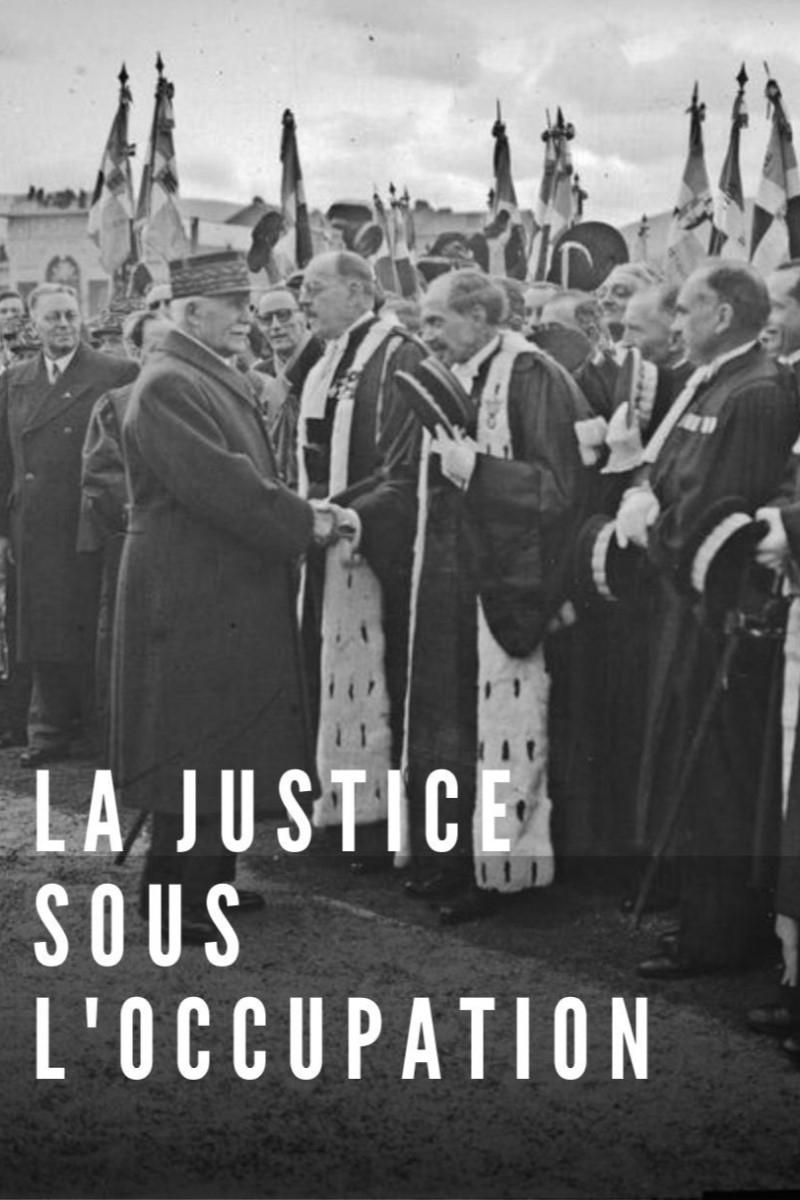
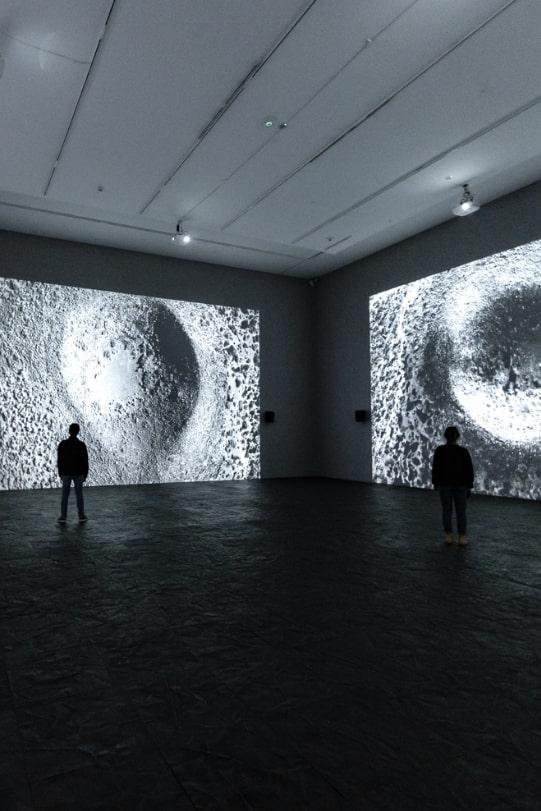
Arrancar los ojos is a project that proposes a constellation of works around the gaze and its political dimension. A reflection on the concepts of institutional violence, repression and collective trauma, focusing on the pattern of eye attacks by state security forces.
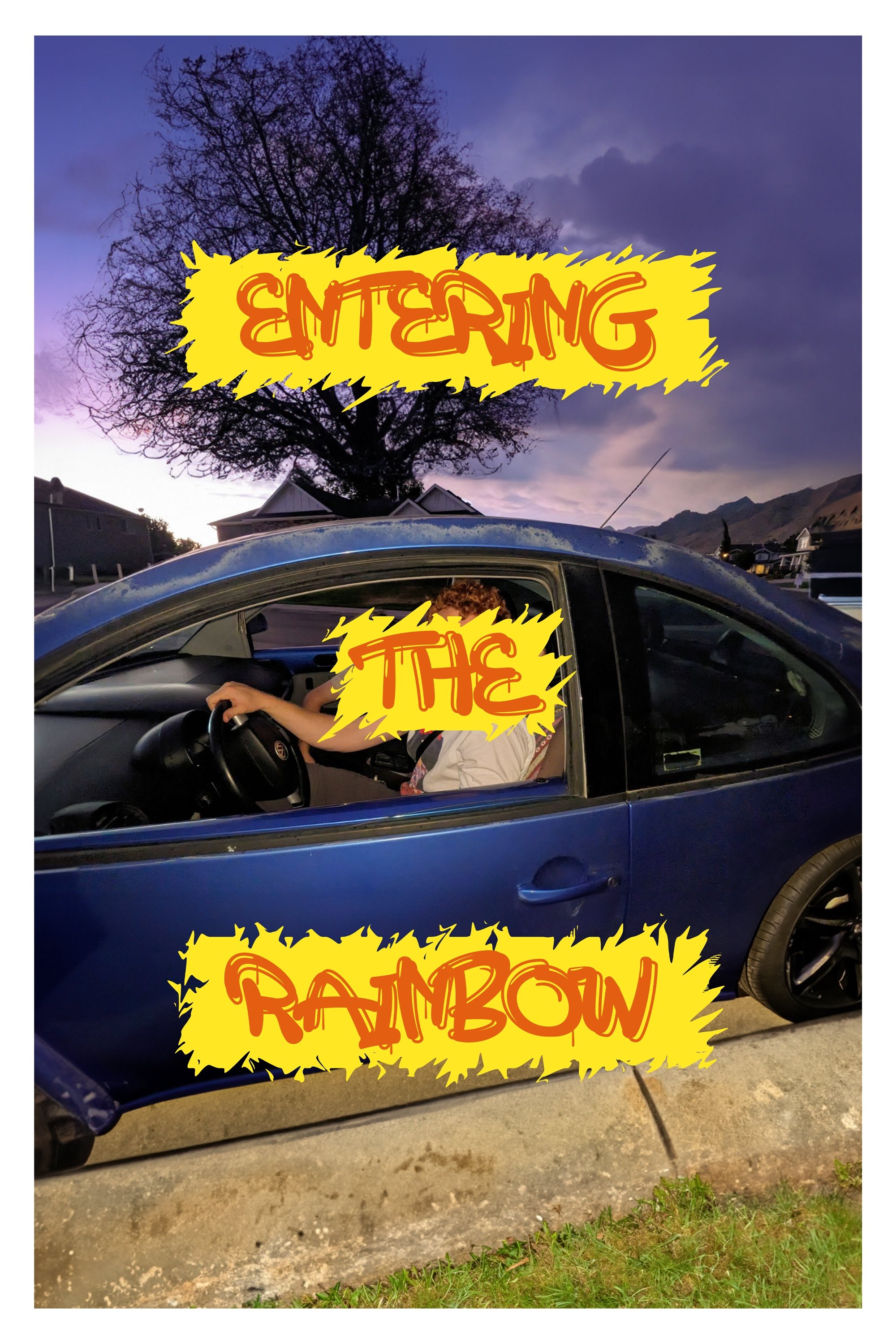
A hookup. A calisthenics session. An incredible view. An evening of repression. Two strangers unpack some of their most intimate feelings.
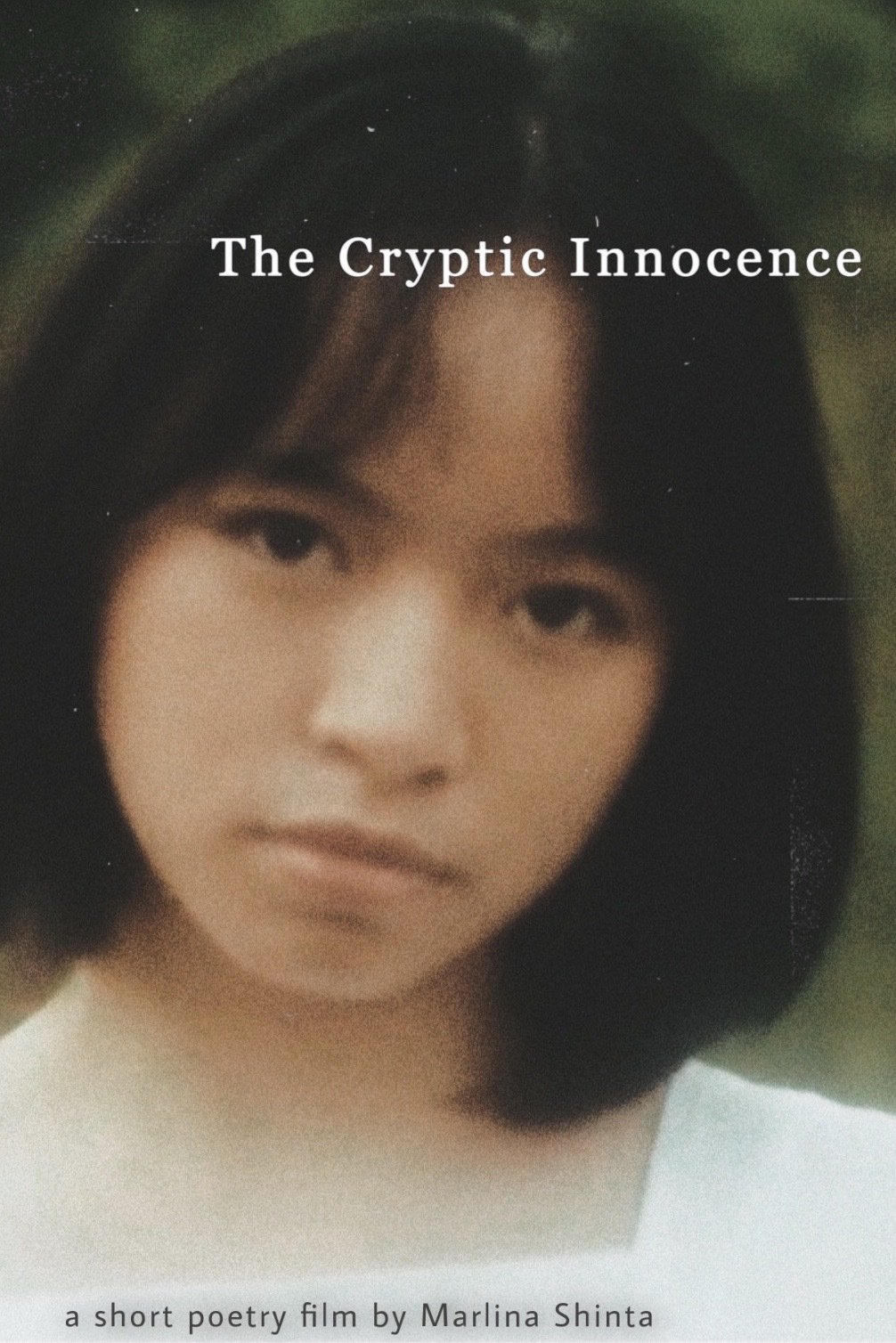
With a poem written and narrated by Leon Chaldranian, Marlina Shinta directs a coming-of-age short poetry film "The Cryptic Innocence" that tells the story of female youth alienation. Starring Nabila Zahranova Cinematography by Bima Utomo Audio arranged by Dewa Dayana
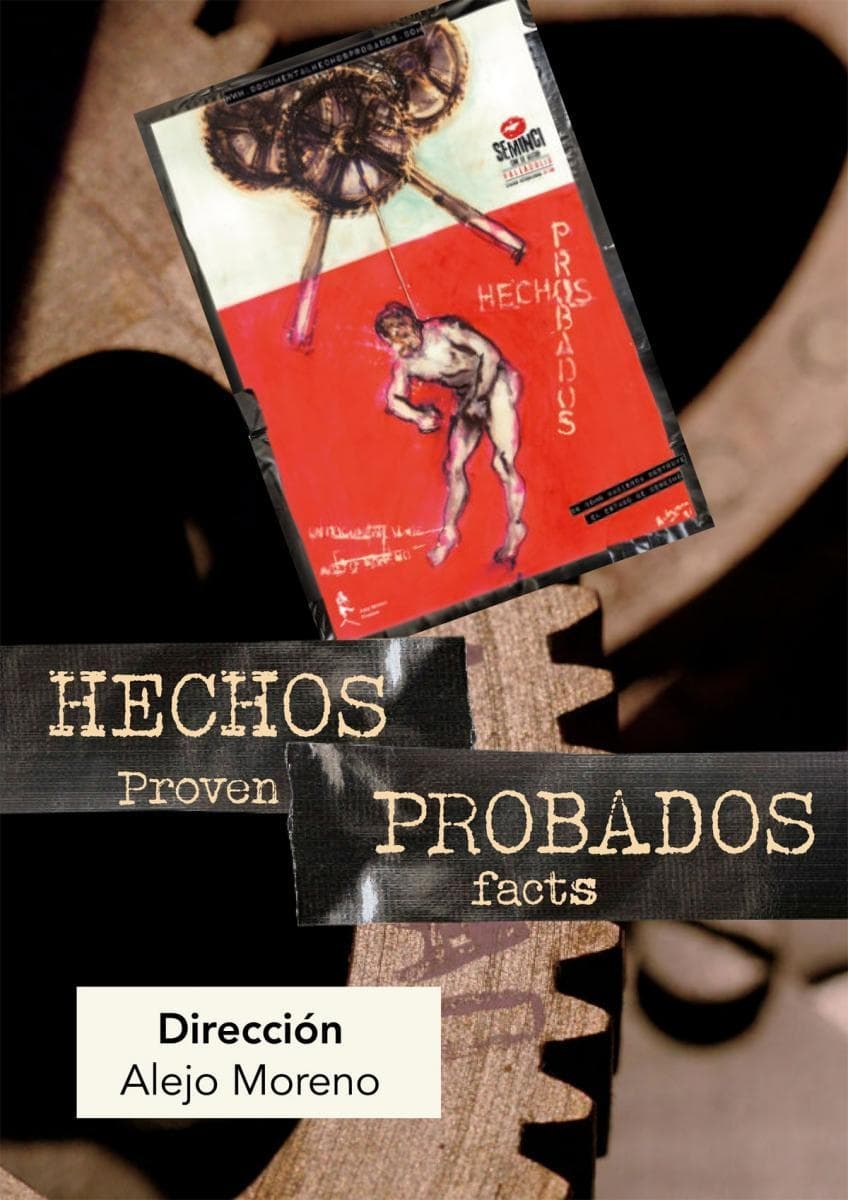

In 1944 Crimean Tatars has suffered a long road in exile. It was accompanied by famine, illness and loss. In the first years of exile, almost half of deported Crimean Tatars died. But those, who survived, dreamed of only one thing - to return to Crimea. The documentary 1944 tells about the tragedy of all Crimean Tatars through several separate life stories. They are cherished by each Crimean Tatar family and must be remembered by all generations to come.
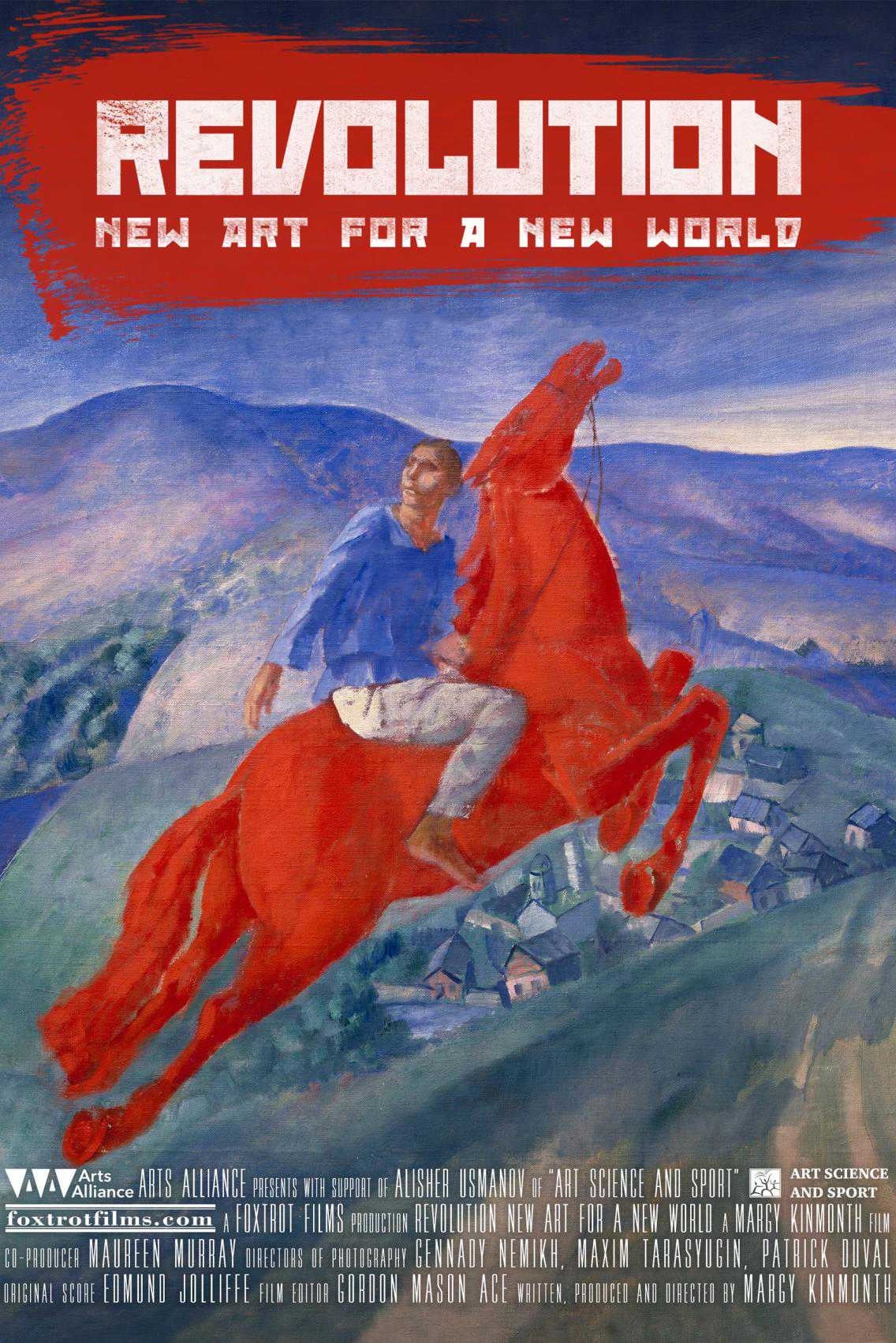
Drawing on the collections of major Russian institutions, contributions from contemporary artists, curators and performers and personal testimony from the descendants of those involved, the film brings the artists of the Russian Avant-Garde to life. It tells the stories of artists like Chagall, Kandinsky and Malevich - pioneers who flourished in response to the challenge of building a new art for a new world, only to be broken by implacable authority after 15 short years and silenced by Stalin's Socialist Realism.
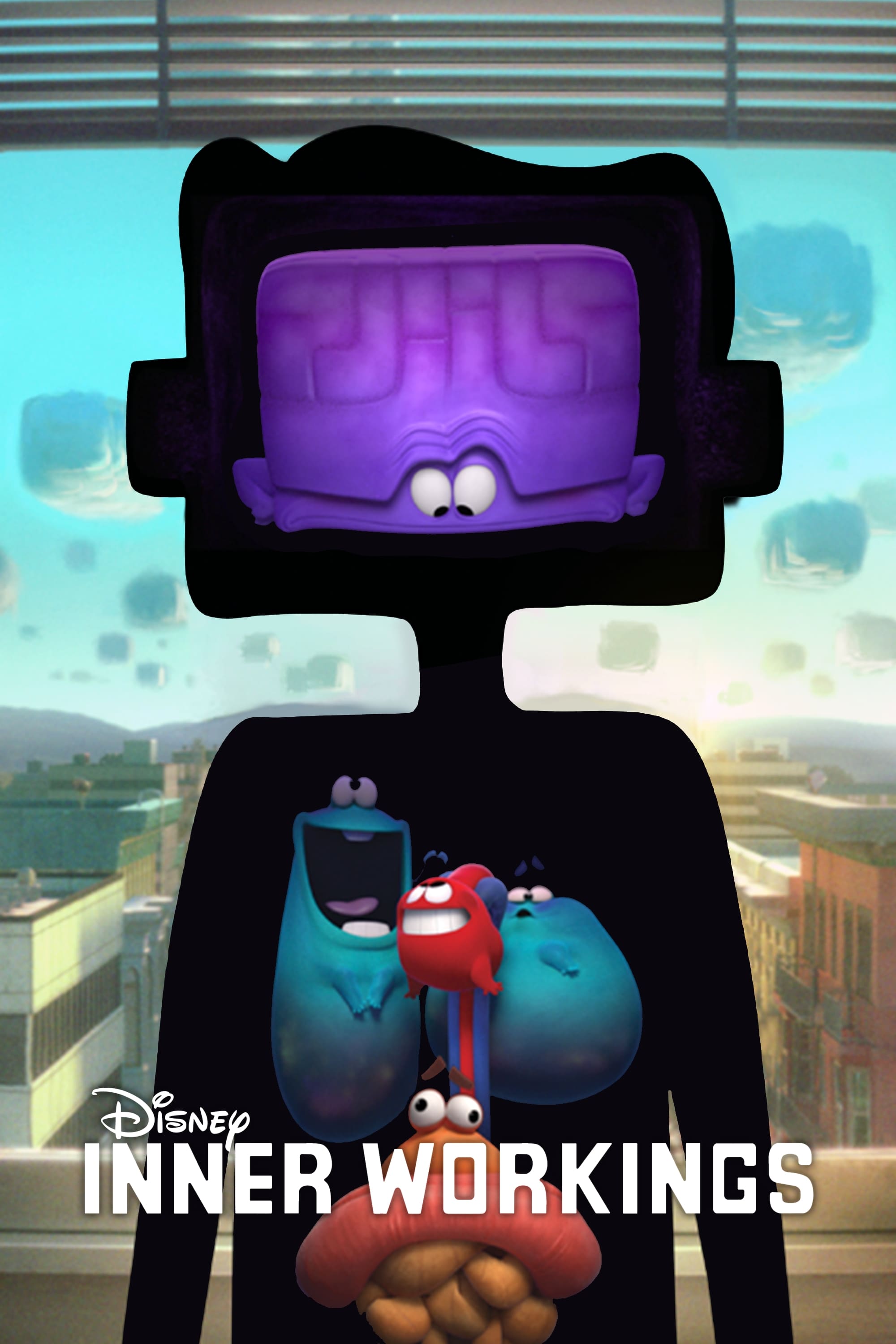
This is the story of the internal struggle between a man's Brain—a pragmatic protector who calculates his every move, and his Heart—a free-spirited adventurer who wants to let loose.
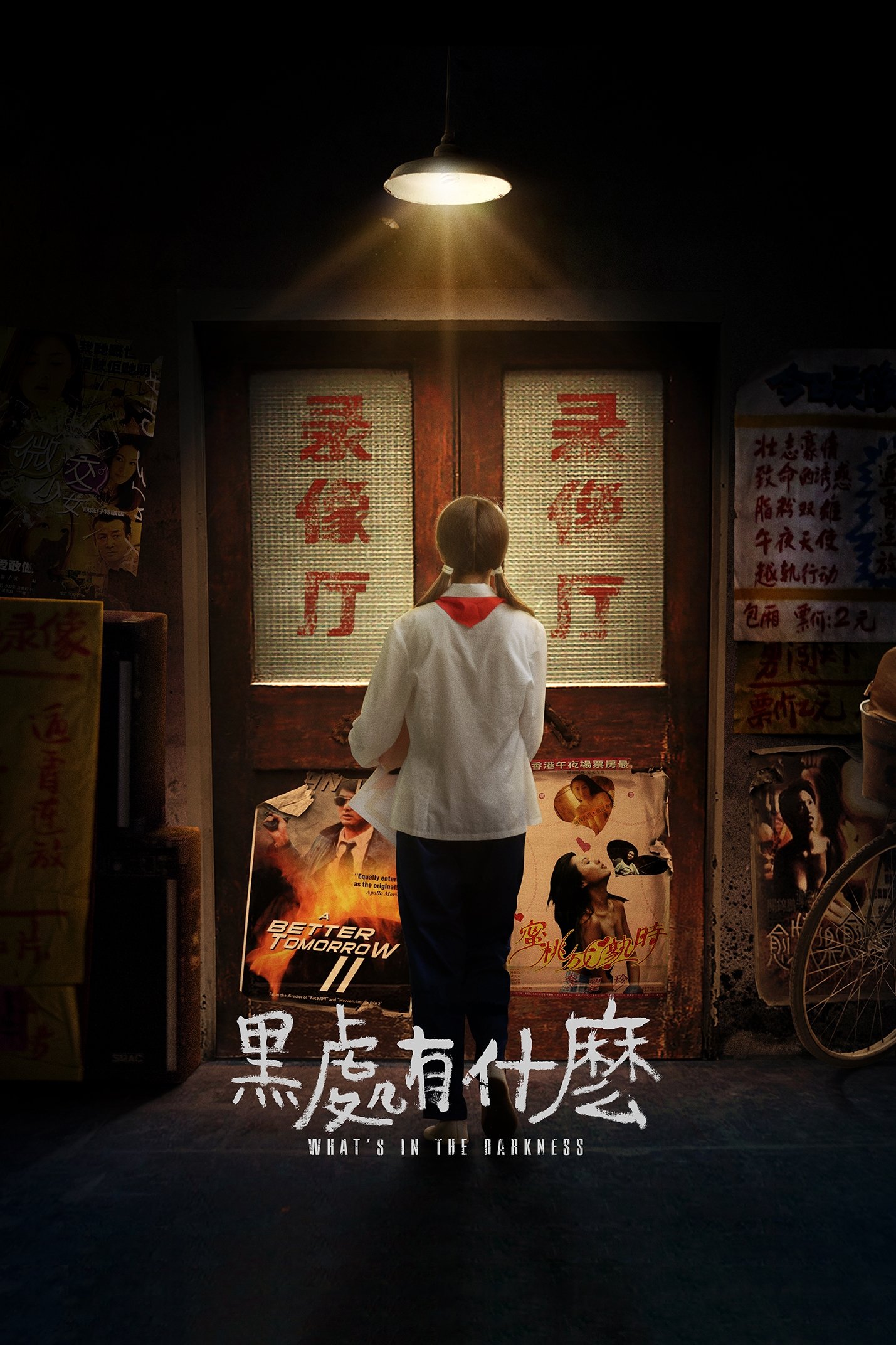
In the summer of 1991, a rape case broke the peace of a small town. The fathers of two girls in the local middle school were the policemen in charge of the case.
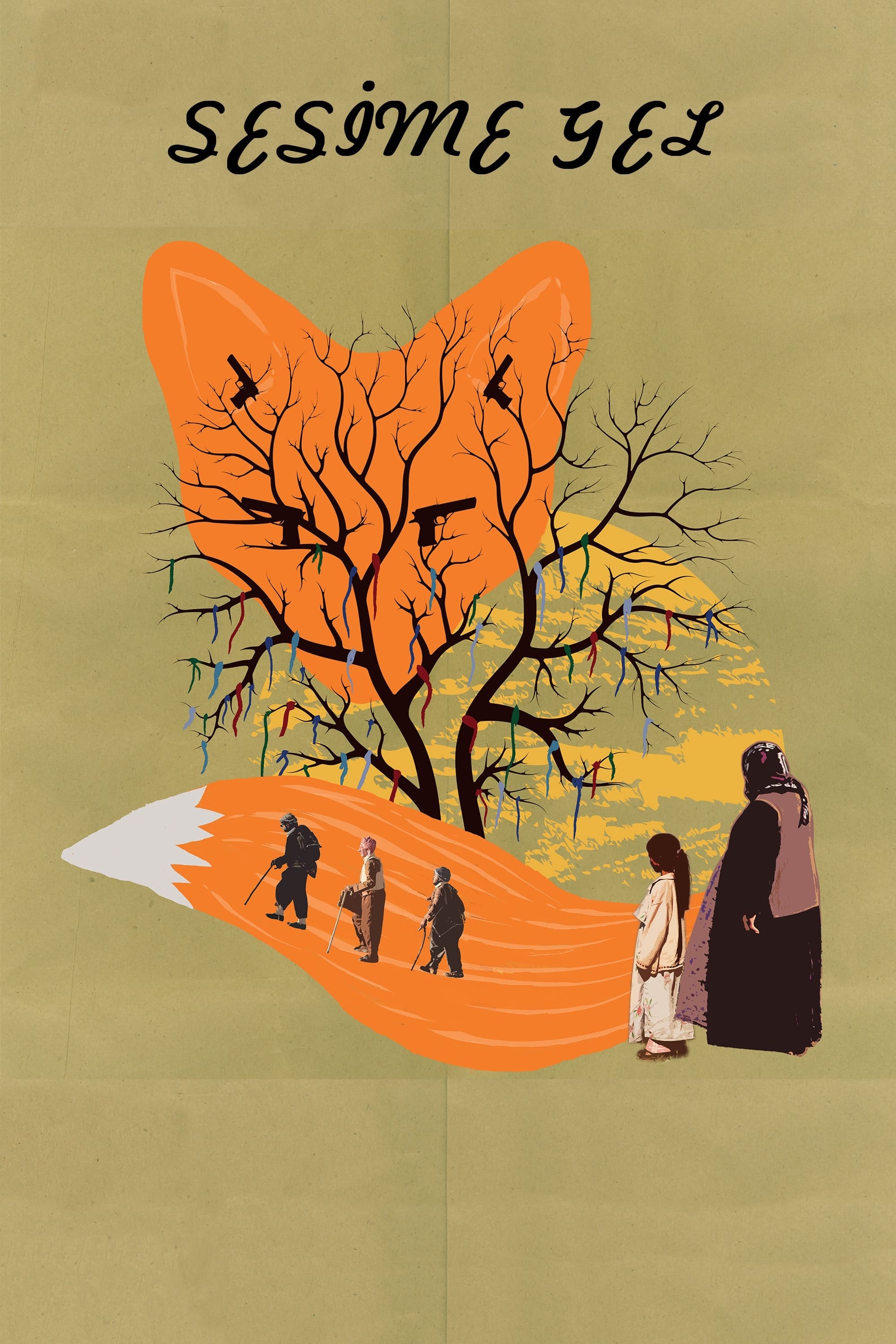
In a snowy Kurdish mountain village, in the east of Turkey, an old woman Berfé and her granddaughter Jiyan are distressed. The only man in the household, Temo, the son of one and the father of the other, was arrested by the Turkish military. The commanding officer has been told that the villagers are hiding weapons, so he arrested all the men and announced that they will be kept in prison until their families hand over the weapons. The problem is that there are no weapons in the village. Desperate, Berfé and Jiyan embark on a long journey, in search of a gun which they could exchange for their beloved Temo. Will the old woman and her innocent granddaughter find a way out of the inextricable Kurdish identity conflict?
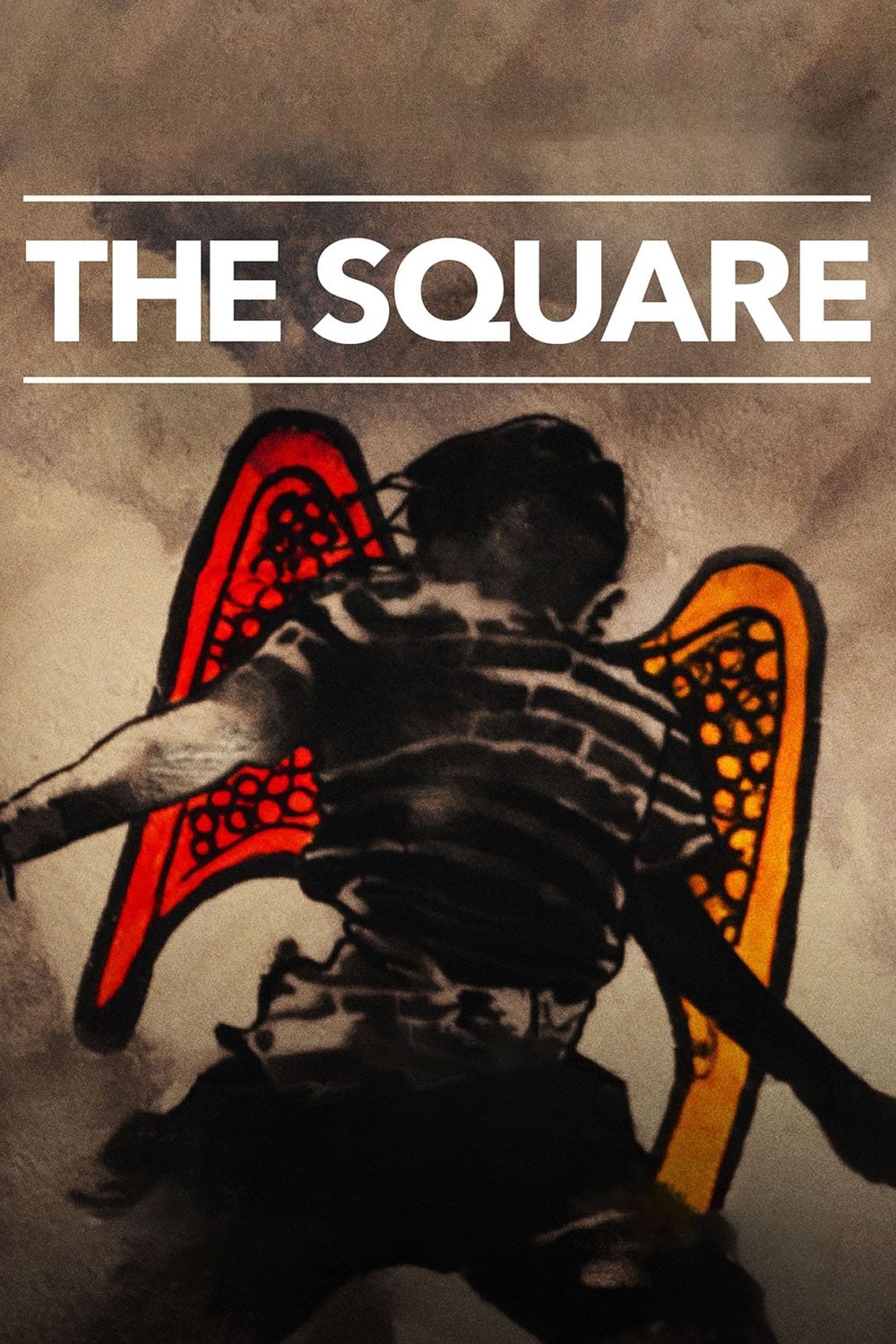
The Square looks at the hard realities faced day-to-day by people working to build Egypt’s new democracy. Cairo’s Tahrir Square is the heart and soul of the film, which follows several young activists. Armed with values, determination, music, humor, an abundance of social media, and sheer obstinacy, they know that the thorny path to democracy only began with Hosni Mubarak’s fall. The life-and-death struggle between the people and the power of the state is still playing out.
By browsing this website, you accept our cookies policy.